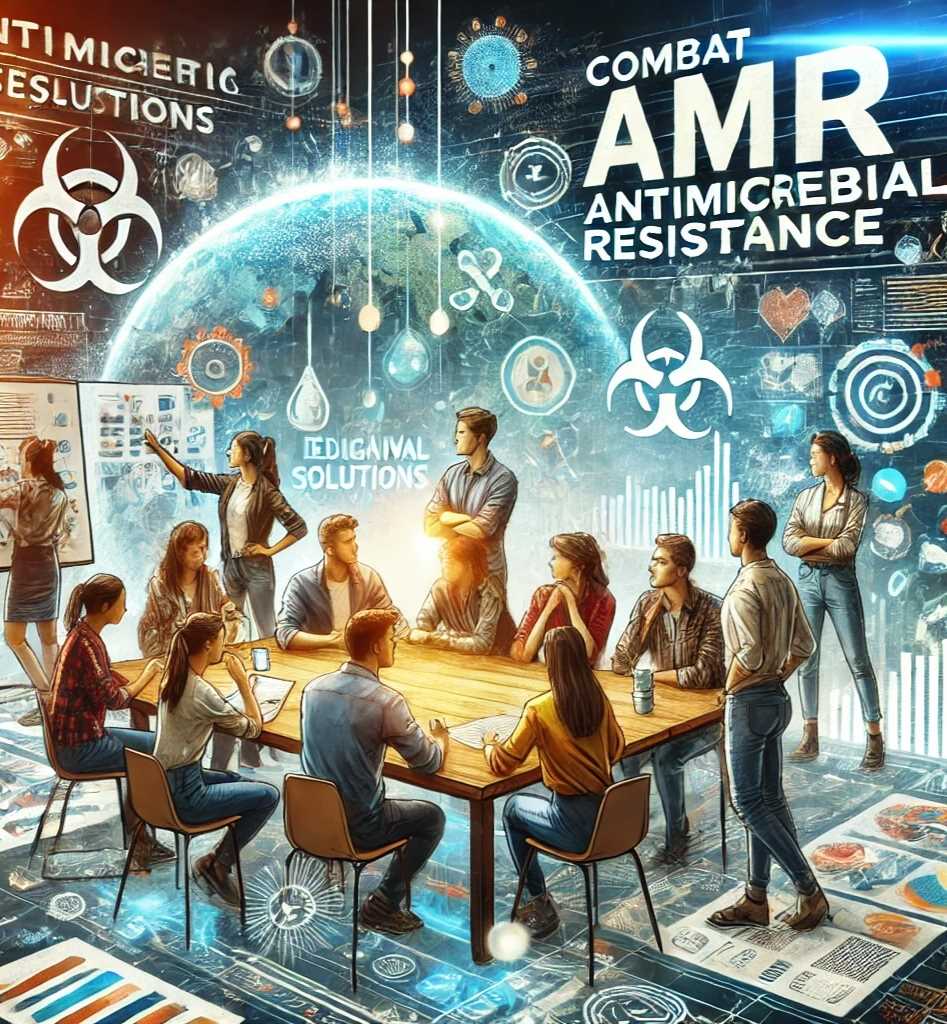
Audrey Galawu
Assistant Editor
The launch of the AMR Toolkit for Youth Engagement by the quadripartite alliance (FAO, UNEP, WHO, and WOAH) marks a significant step in the global fight against antimicrobial resistance (AMR). Designed to empower youth, the toolkit offers 11 actionable tools in multiple languages, equipping young people and youth-serving organizations with the resources to address AMR effectively within their communities.
Youth have been identified as critical agents of change in addressing AMR. Mimi Melles-Brewer from WHO emphasized the role of young people in influencing behaviors and raising awareness within their peer groups, families, and communities. "Youth are not just future prescribers of antimicrobials; they are today’s advocates for responsible use," she remarked.
This sentiment was echoed by Yerkem Sembayeva of FAO, who highlighted the importance of enabling environments where young people's ideas can flourish, fostering innovative solutions, and integrating their perspectives into a One Health approach.
AMR, a pressing global health challenge, intertwines with environmental issues. Wenjing Yan from UNEP underscored the link between extreme weather events, pollution, and the spread of resistant microorganisms, noting the economic implications—up to $3.4 trillion annually—and the potential to push millions into extreme poverty without decisive action.
The toolkit provides a platform for youth-led advocacy, research, and policymaking. Jessica Mitchell of the CE4AMR Network advocated for equitable involvement of young people as researchers, not merely end users of information.
Related Stories
Meanwhile, Randa Bazzi of the One Health Alliance of Jordan introduced creative engagement methods like art, photography, and role-playing exercises, which bridge science and community perspectives.
Lucy Fagan, Chairperson of the Commonwealth Youth Health Network, stressed the importance of involving youth in AMR-related projects from conception to implementation. She called for sustainable funding to enable young people to execute their plans effectively.
Nahashon Gicheru from Kenya shared insights into youth-driven AMR initiatives, including community-led sporting events like Cycling to Resist Resistance. By contextualizing AMR through relatable scenarios, these activities educate and inspire action.
The toolkit launch aligns with global milestones, such as the 2024 UN High-Level Meeting on AMR and subsequent Jeddah Commitments. These events underscore the need for governments and stakeholders to integrate youth perspectives into national action plans and support AMR education at all levels.
The AMR Toolkit for Youth Engagement is a testament to the transformative power of young people in addressing complex global challenges. With their energy, creativity, and firsthand experiences, youth are not only the leaders of tomorrow but the changemakers of today.











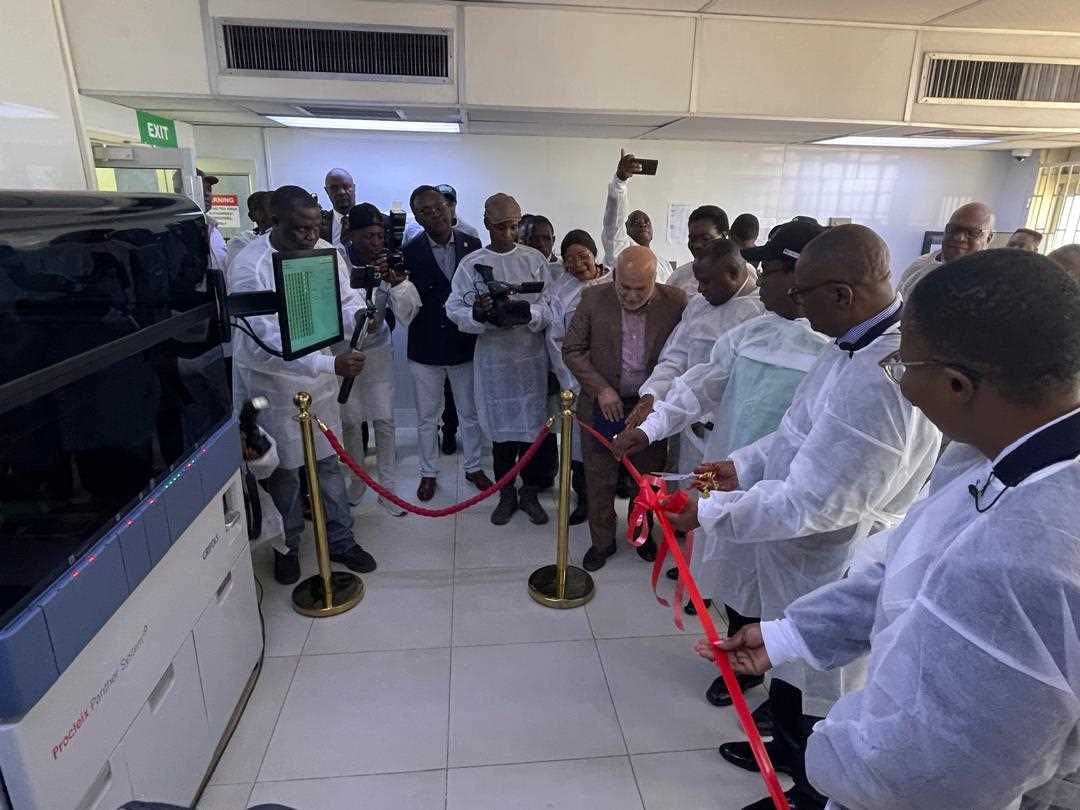
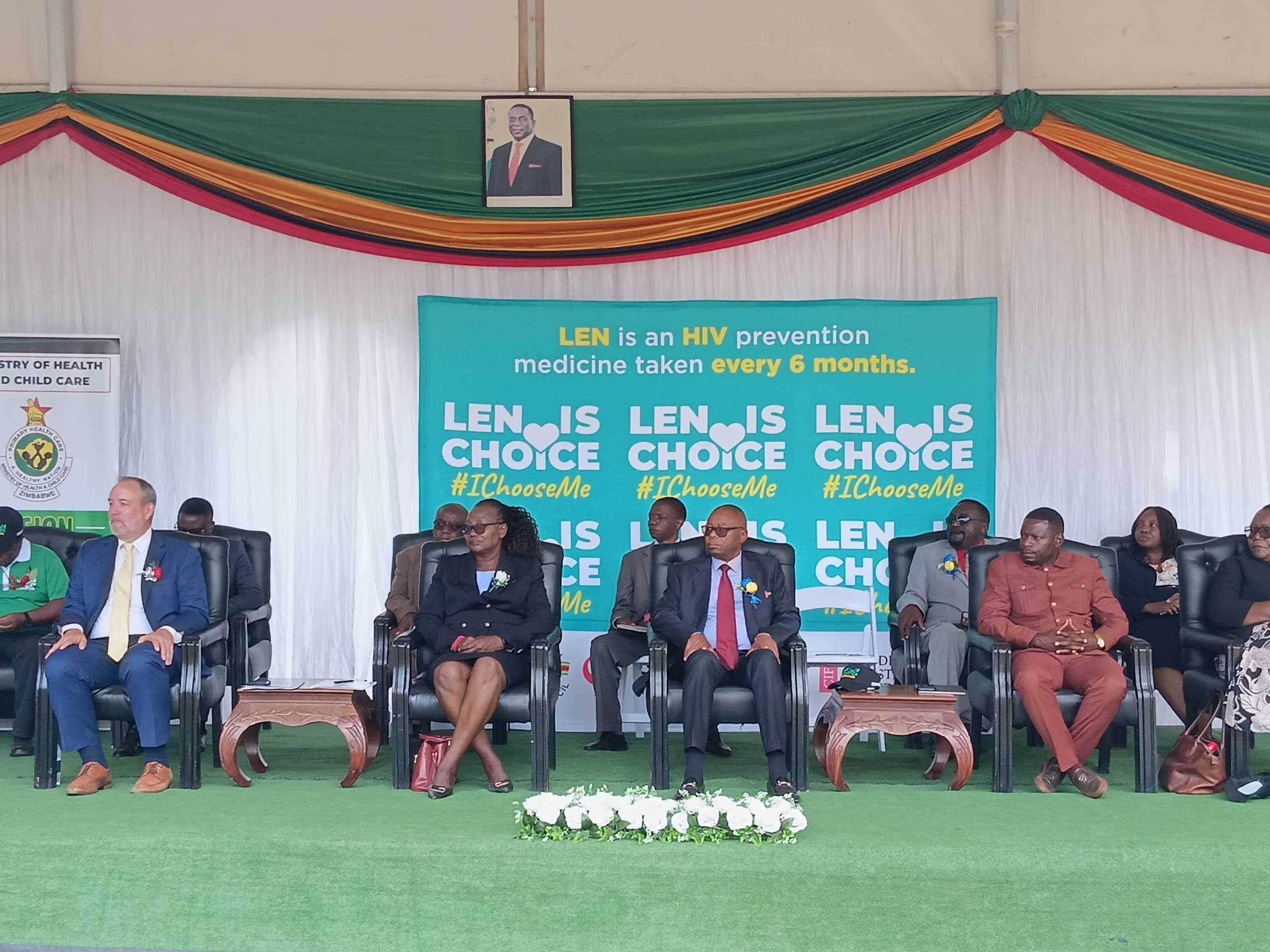

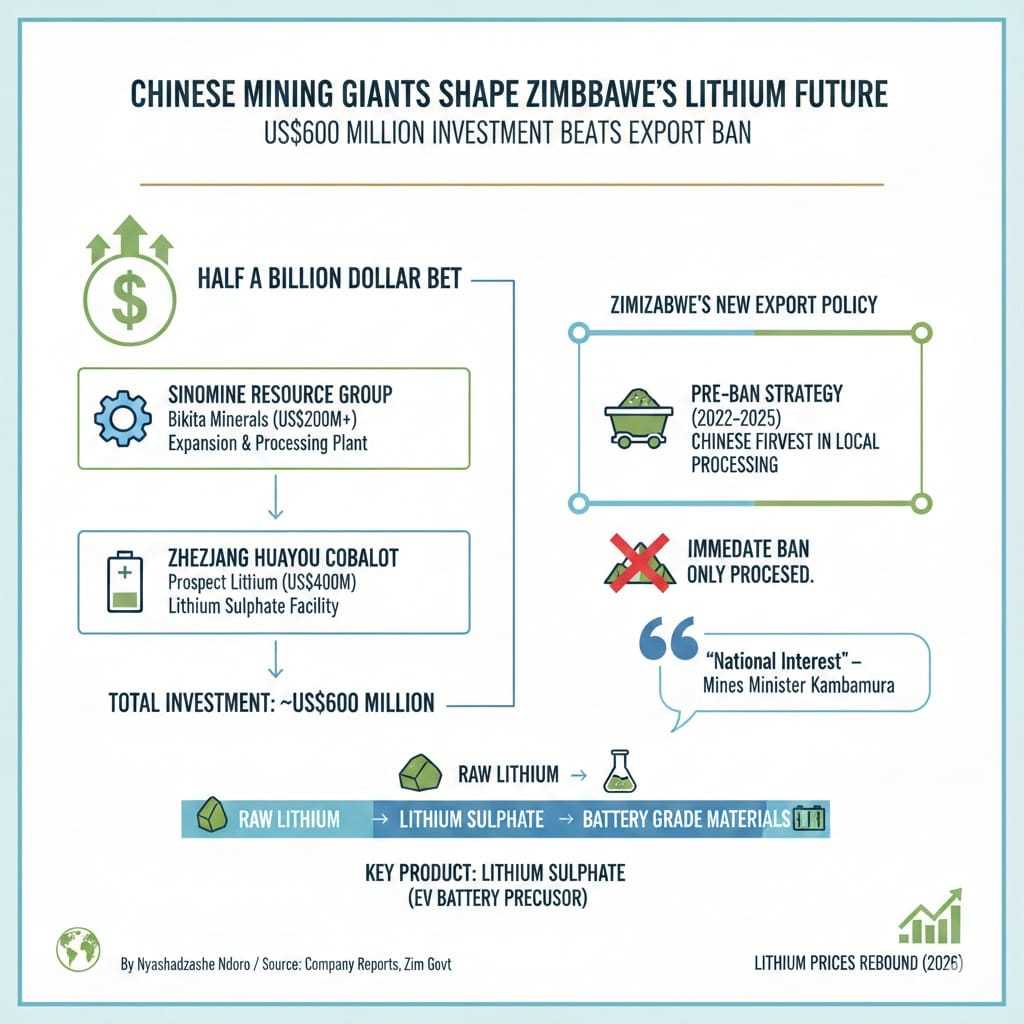

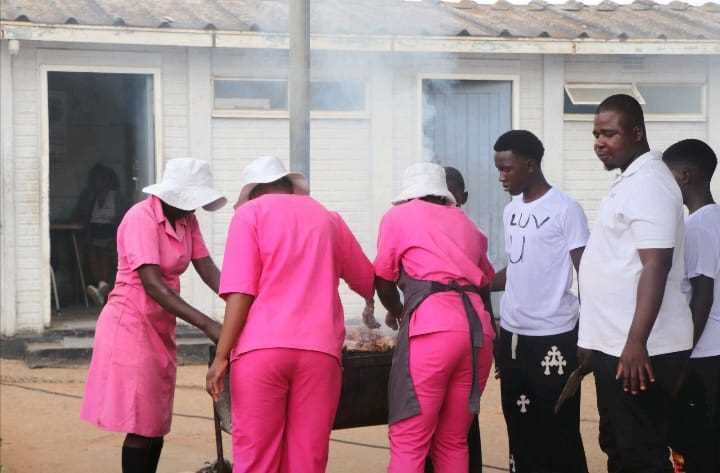


Leave Comments